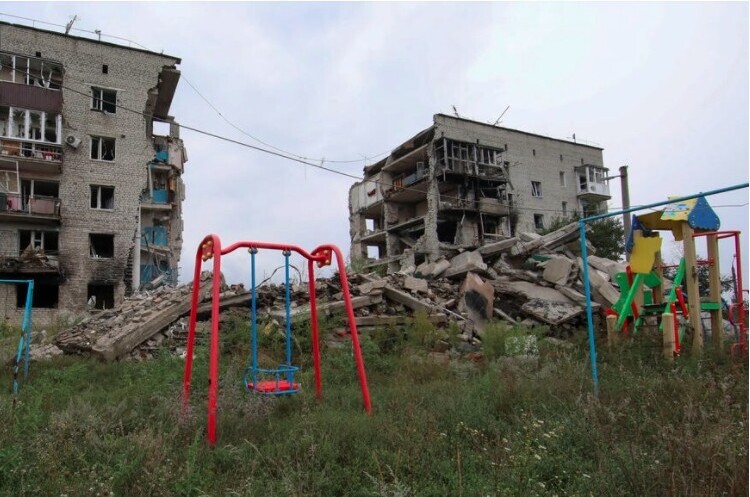UN Commission recognizes deportation of Ukrainian children from occupied territories by Russia as a war crime
Many of the children displaced to Russia have not been able to establish contact with their families

The forced displacement and deportation of Ukrainian children from the occupied Ukrainian territories by Russia constitutes a war crime, according to a report by the UN Commission of Inquiry on War Crimes during Russia's war against Ukraine.
In particular, the cases of displacement of 164 children aged 4 to 18 from Donetsk, Kharkiv and Kherson regions were considered. The Commission concluded that Russia deported these children if they
- lost their parents or temporarily lost contact with them during the hostilities,
- were separated after one of their parents was taken into custody at a filtration point,
- were held in special institutions.
International humanitarian law prohibits the evacuation of children by a party to an armed conflict. This is possible only for a temporary period and for compelling reasons related to health, the need to provide children with medical care or ensure their safety. The written consent of parents or legal guardians is required.
The UN Commission emphasizes that in none of the situations reviewed did the displacement of children meet the requirements of international humanitarian law, including those justified by security or medical needs.
"There is no indication that the transfer of children to government-controlled territory was impossible. It does not appear that the Russian authorities sought to establish contact with the children's relatives or with the Ukrainian authorities. Although the movements were intended to be temporary, for various reasons, most of them became prolonged," the report notes, "and as a result, parents or legal guardians faced many obstacles in establishing contact, achieving family reunification and returning children to Ukraine.
The victims told the commission that during their stay in Russia or in the occupied territories, in a number of cases, social services told children that they would be sent to shelters, foster families, or adopted.
In addition, parents complained that children were forced to wear dirty clothes, were called names, were poorly fed, and some children with disabilities did not receive proper care and medication.
In all of the cases reviewed, the children were responsible for the search for and location of their parents or family members. And their return was accompanied by transportation and financial difficulties, as well as security problems. In some cases, it took months to reunite families.
At the same time, according to witnesses, many displaced younger children have not been able to establish contact with their parents and may subsequently lose contact with them indefinitely.
According to the Ukrainian authorities, 16,221 Ukrainian children were deported to Russia during the year of war.
Background. As a reminder, the Hague Tribunal has issued an arrest warrant for Russian dictator Putin, who, as the warrant states, "is probably responsible for the war crime of illegal deportation of the population (children) and illegal transfer of the population (children) from the occupied territories of Ukraine to the territory of the Russian Federation."
If you have read this article to the end, we hope that means it was useful for you.
We work to ensure that our journalistic and analytical work is of high quality, and we strive to perform it as competently as possible. This also requires financial independence. Support us for only UAH 196 per month.
Become a Mind subscriber for just USD 5 per month and support the development of independent business journalism!
You can unsubscribe at any time in your LIQPAY account or by sending us an email: [email protected]



